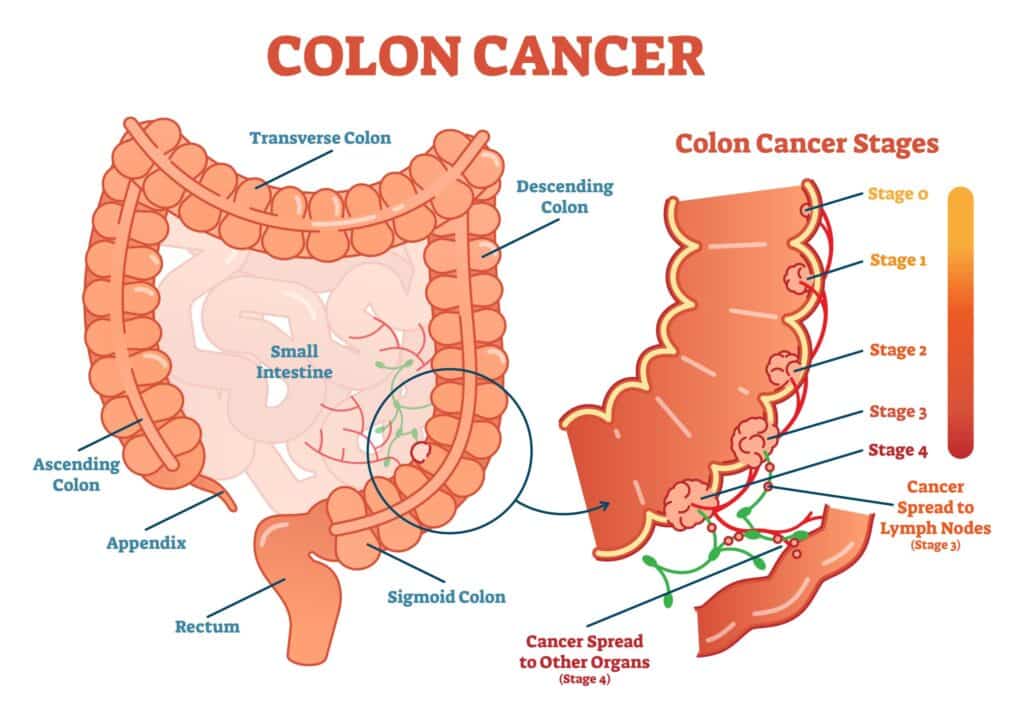5 Health Screenings for Women that Your Primary Care Provider Performs

If you’re a woman who has recently visited the doctor or has a doctor’s appointment coming up, you’re probably familiar with the concept of health screenings. Health screenings are tests that doctors perform to proactively check for diseases and illnesses before the patient shows any signs or symptoms. This can be beneficial for early treatment […]
4 Tips for How to Choose a Medical Specialty that is Right for You

At some point during your journey as a health practitioner, you’ll face the choice between general medicine or going down a different route into a specialty field. While your options are vast, the choice isn’t always simple. The specialty you choose has a profound impact on your future career and daily responsibilities. If you find […]
40 is the New 50: What New Colon Cancer Screening Guidelines Mean for You

40 is the New 50: What New Colon Cancer Screening Guidelines Mean to You Colon cancer screening is an essential part of living a healthy lifestyle and can be lifesaving. Colorectal cancer, worldwide, is the second leading cause of cancer death, according to Cancer.Net. There is no one-size-fits-all rule when it comes to health screenings; […]
Getting Ready for Seasonal Allergies in Connecticut

Sneezing, a runny nose and watery eyes…yes, springtime in Connecticut is almost here. While allergies begin during the spring months, typically starting in March, they can last through the fall as late as October. While seasonal allergies can feel like a nuisance, it is important to seek treatment for them to determine what is causing […]
Screening vs Diagnostic Mammogram: What’s the Difference?

Mammograms save lives. One comprehensive study out of Sweden analyzed over 50,000 breast cancer patients. They found that those who took part in a breast cancer screening program showed a 60% lower risk of succumbing from the disease in the first ten years following a diagnosis, and a 47% lower risk 20 years after a […]
Why Do I Need a Primary Care Doctor If I’m Healthy?

You’re in great health and feel good. You eat right. You go to bed at a reasonable hour. So, why do you need a primary care physician (PCP)? Well, you most likely drive your car daily, and you’re a safe driver. Your insurance company says so, too. But you wouldn’t keep driving, day in and […]
